No individual has done more to force information about GM crops into the public domain than Professor Gilles-Eric Séralini from the University of Caen, France.
Last week Professor Séralini presented the findings of his controversial 2012 study on the impact of GM food on the health of rats to a packed House of Commons meeting room.
Source: www.ethicalconsumer.org By Leonie Nimmo
Pictures of rats with grossly oversized cancerous tumours were presented alongside graphs indicating increased risk of damage to organs after exposure to both GM feed, Monsanto’s NK603 maize, and its accompanying herbicide Roundup. Although conducted on rats, Séralini’s study indicates there may be a cause for concern for humans too.
Séralini’s 3.2 million Euro research project differed from industry and regulatory standards in one vital aspect: it was a two year study, regulators do not require safety testing longer than three months. Séralini’s rats started to develop a range of health problems at four months.
Media blackout
Though Séralini’s research caused quite a storm in mainland Europe, in Britain the pro-GM lobby launched a vicious public relations campaign ridiculing it, which resulted in a virtual media blackout.
The Mail, Telegraph and Financial Times were the only papers to publish the story in their print editions. According to our source, who wished to remain anonymous, the BBC had two programmes lined up to cover the study on the day it went public but mysteriously pulled the broadcasts.
Fiona Fox, chief executive of the pro-GM Science Media Centre (SMC), which receives funding from biotech companies including Monsanto, publicly claimed credit for killing media coverage of Séralini’s work in the UK.1 The SMC enjoys an exceptionally cosy relationship with the broadcaster: it has pocketed cash from BBC Worldwide and BBC staff are on both its advisory board and board of trustees. Fox has her own BBC blog.
Research rejected
The European Food Safety Agency (EFSA) rejected Séralini’s research outright. This was unsurprising. Three years earlier the EFSA had given the green light for the crop to be grown and eaten in Europe, so acknowledging the implications of Séralini’s research would have seriously undermined their own risk assessments of GMOs.
A year later and it turns out that Séralini’s research was not as shoddy as critics claimed. EFSA itself has recently published guidelines on how to conduct long-term toxicity tests for GM food, which validated many research parameters that Séralini was criticised for.2
EFSA makes its decisions about which crops will recommend for approval to eat or cultivate based on data provided to it by the companies that want to sell/grow it. As well as a clear conflict of interest there are two other key problems.They do not release the data and there is no peer reviewing process. The information isn’t in the public domain but kept under lock and key and open scientific analysis and debate simply does not exist when it comes to GMOs – commercial confidentiality (secrecy) wins almost every time.
Scientists that want to conduct independent studies on seeds and accompanying chemicals are thwarted: accessing materials to test is problematic and accessing information on, for example, the ingredients of herbicides and pesticides is impossible. This situation is apparently to protect companies’ intellectual property. But there could be another reason: that there is in fact no data which proves that GMOs are safe and an increasing volume which indicates that they are not.
Gaining access to data
Séralini has succeeded in prising open the data lock on more than one occasion. In 2005 a German court ordered publication on the studies done on Monsanto’s MON863 maize following a court case by Greenpeace in conjunction with Séralini.The results they obtained raised such concerns about the toxicity of GMO maize that Séralini embarked on his most recent study.
One of the criticisms of Séralini’s research was that the raw data was not published. Séralini refused unless EFSA released Monsanto’s studies that they had used to approve NK603 maize and Roundup in the first place. In response to Séralini’s demands, EFSA did release Monsanto’s data on NK603, though Séralini claimed it was incomplete. Monsanto threatened to sue. EFSA has still not released data on Roundup, or its ingredient glyphosate.
Glyphosate is widely described as the “active” ingredient of Roundup. Amazingly, it appears to be the only thing that is tested. The cocktail of chemicals that is Roundup is a completely unknown and apparently no regulatory or industry studies have been done on it. Séralini now thinks that Roundup is actually 10,000 to 100,000 times more toxic than glyphosate. Given how widely Roundup is used across the globe, the potential importance of this cannot be overstated.
Pesticide Action Network Europe have managed to locate the data on glyphosate: it is in a bunker in Germany. At one point the possibility of their gaining access was put forward to them by the German authorities. But they would have had to abide by such stringent conditions that they did not pursue that route and instead went to court to try to force various government authorities to release the data. Unfortunately the courts ruled against them.
It is somewhat unclear whether EFSA itself has even seen the data on glyphosate, and it looks certain that there is no data at all on Roundup. According to Danish farmer Ib Perderson, there are estimated to be at least 40 different formulations, but we really have no idea.
Its now imperative that pressure is applied to governments and European bodies to release data on GM crop studies and openly and independently investigate the long term impacts of GMOs on people and the environment. The GMO defenders of today may yet turn out to be the climate change deniers and big tobacco backers of yesterday. And the media’s utter failure to adequately communicate concerns about the health impacts of GM food will appear, at best, shockingly negligent.
We will be reporting more on GM Health Risk Week in the November/December 2013 issue of Ethical Consumer magazine.
Ethical Consumer does not condone animal testing. The increasing introduction of GMOs is leading to an increased use of animal experiments, as this is a requirement for them to be developed into a commercial crop for human consumption. Ethical Consumer calls for a ban on the development of GM crops for a number of reasons, including the associated “need” for animal testing, and the rejection of GMOs by the food sovereignty movement.





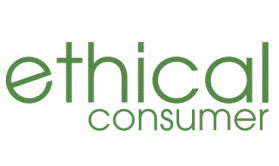



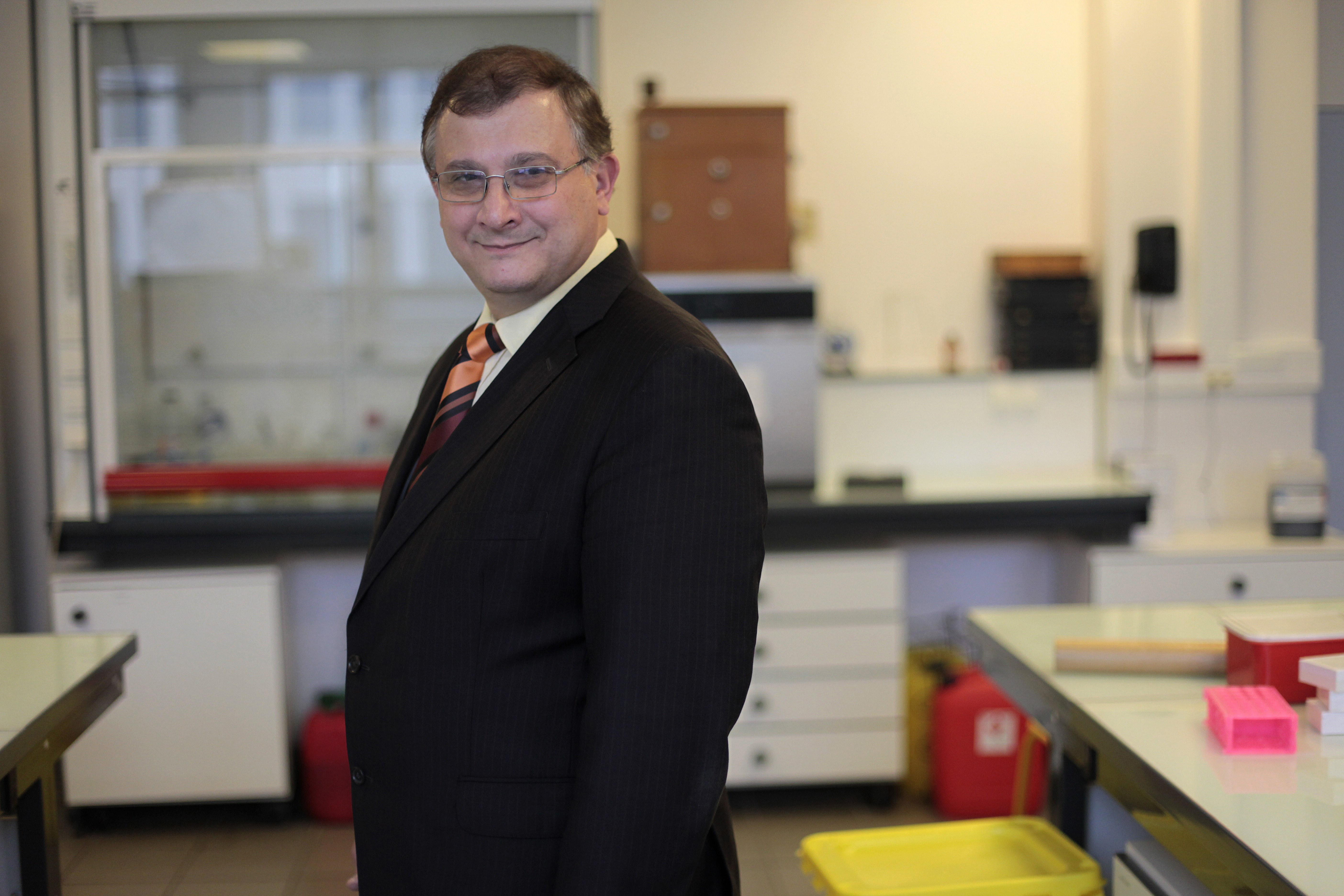
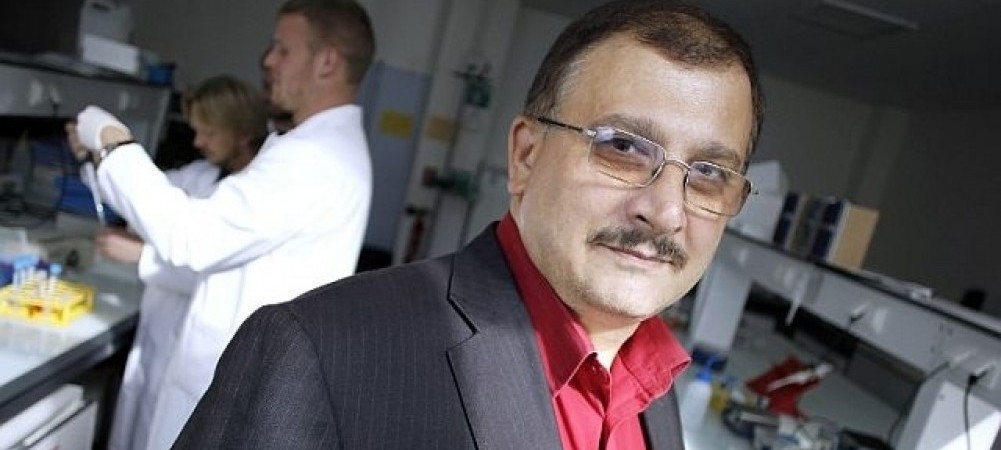


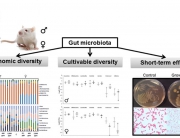

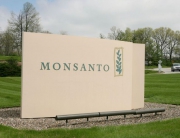




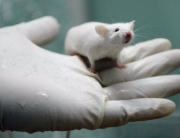




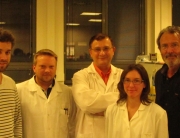


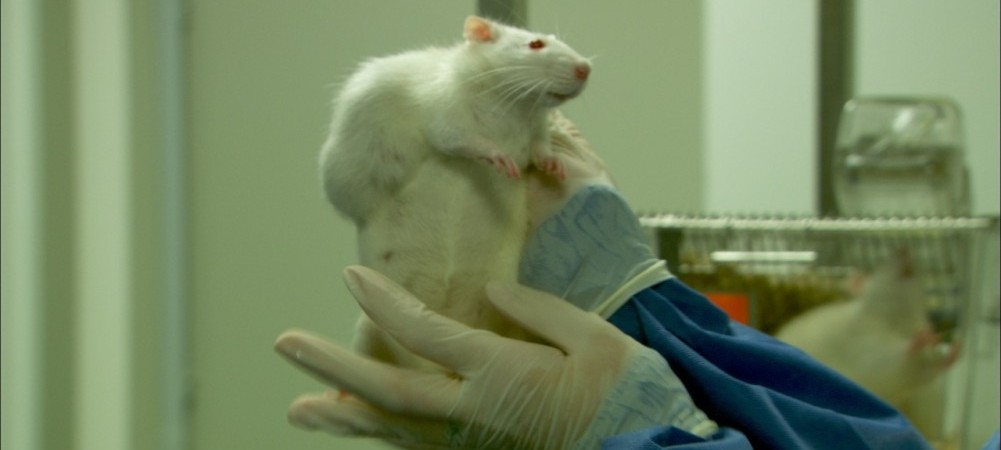

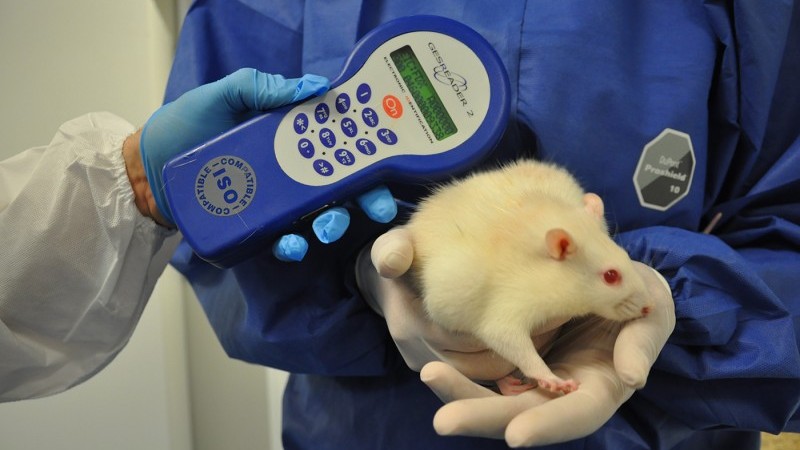

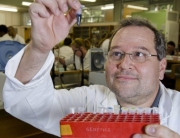
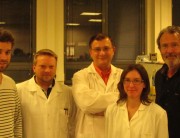

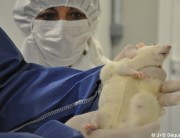
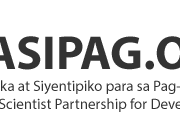




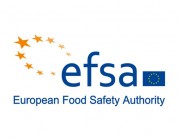
















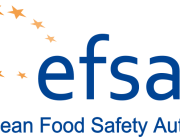

















Dr. Seralini, God bless your tenacity!!
Could a foreign UN step in and help us out?
Would someone exploit that please?
The U.N. was created by the Illuminati which also created Monsanto – no help there.
Reference: http://awakeandarise.org/article/MyronFagan.htm